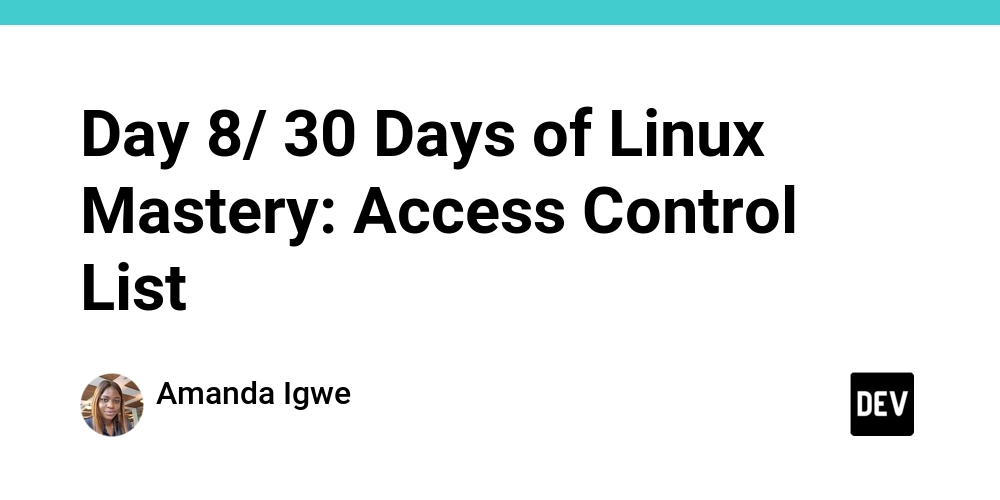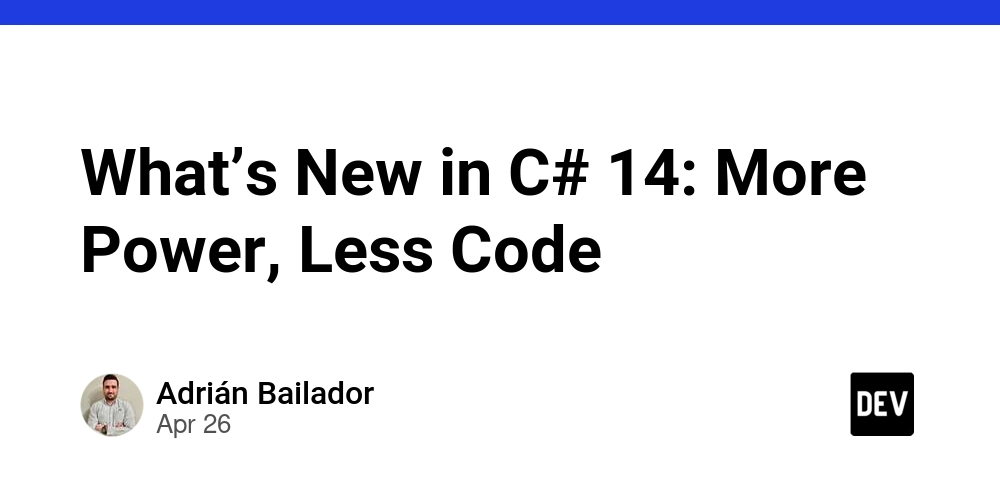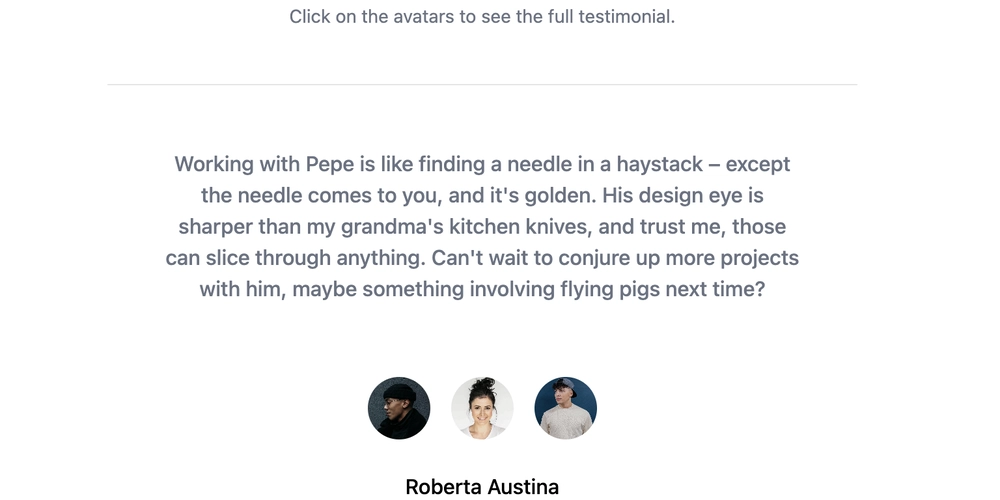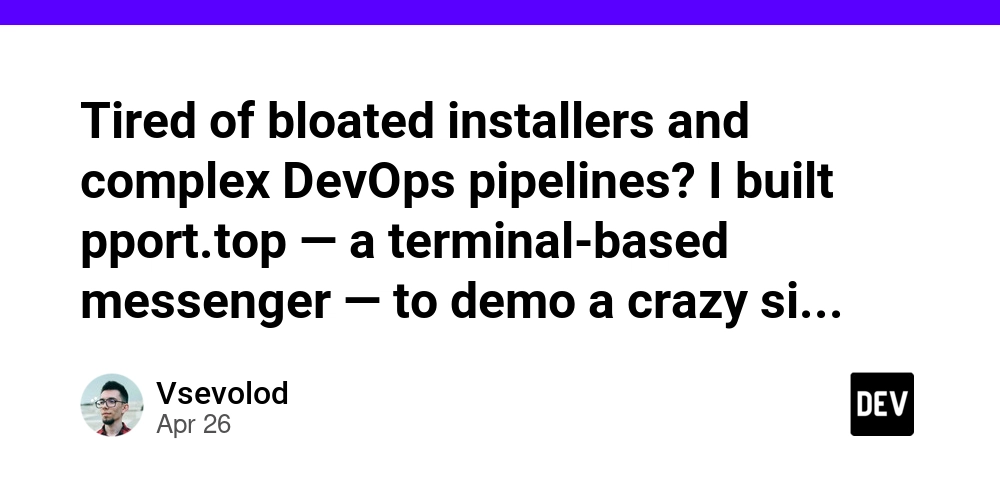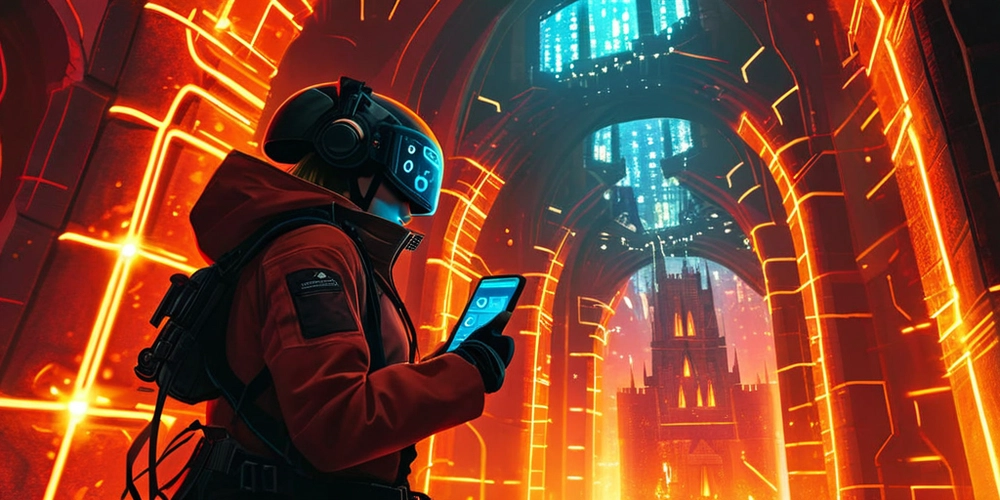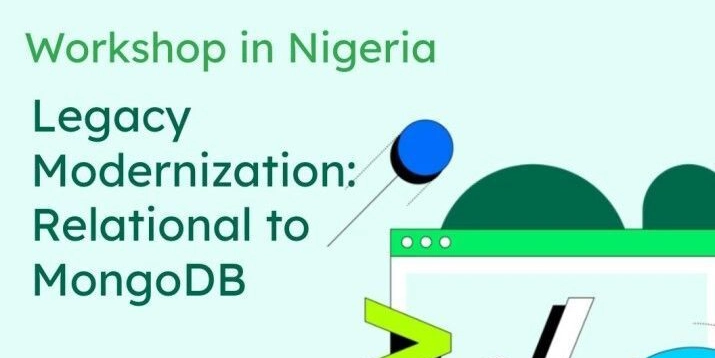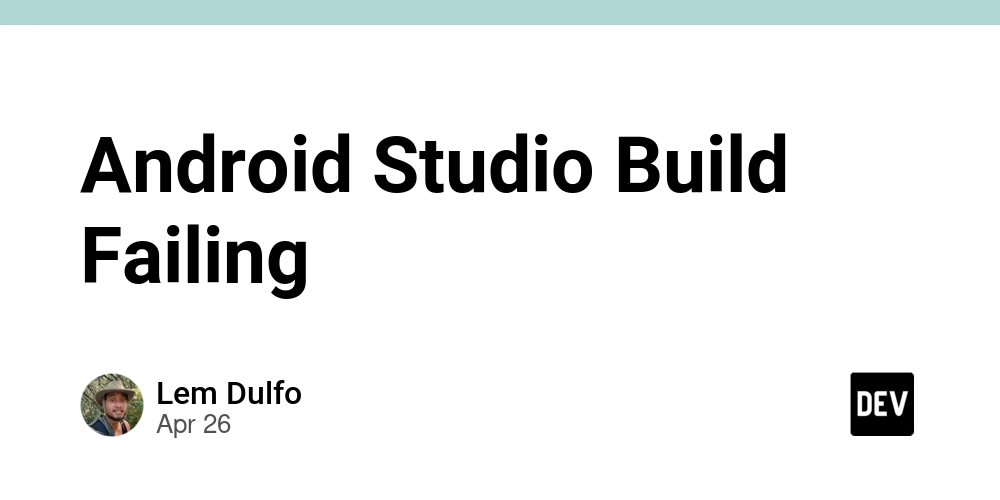
Android Studio Build Failing? How to Fix React Native Errors with JDK Versioning
Are you experiencing frustrating build failures in Android Studio while your React Native app builds perfectly fine from the command line? You're not alone! This issue often stems from a discrepancy in JDK versions used by Android Studio. Let's dive into how to diagnose and fix this common problem, saving you hours of frustration.
The Mystery: Command Line Success, Android Studio Failure
It's perplexing when react-native run-android works flawlessly, but Android Studio throws build errors. Both environments rely on similar tools behind the scenes, so what's the catch? I found that the error messages can sometimes be misleading.
I was recently working on a React Native project when I ran into this exact problem. The error messages hinted at problems with react-native-vector-icons, but it turned out to be something different entirely.
- Key Takeaway: Don't take error messages at face value. Treat them as clues pointing you in the right direction.
The Culprit: Mismatched JDK Versions
The solution often lies in ensuring Android Studio uses the correct JDK (Java Development Kit) version. In my case, Android Studio was defaulting to JDK 21, while my React Native project was configured for JDK 17.
This issue was mentioned in a related post I found on Github detailing React Native SVG issues and JDK 17 requirements, pointing me in the right direction.
- Actionable Tip: Even if
react-native doctorindicates the correct JDK version from the command line, double-check Android Studio's settings.
The Fix: Setting the Correct JDK in Android Studio
Here's how to verify and change the JDK version within Android Studio:
- Open Project Structure: In Android Studio, navigate to
File > Project Structure. - Select SDK Location: In the left panel, choose "SDK Location."
- Configure JDK: Under "JDK Location," verify the selected JDK version.
- Choose the Correct Version: If necessary, change it to the JDK version compatible with your React Native project (e.g., JDK 17). You may need to download and install the correct JDK version first if it's not already available.
- Apply Changes: Click "Apply" and then "OK."
- Clean and Rebuild: Clean your project (
Build > Clean Project) and then rebuild (Build > Rebuild Project).
React Native Doctor: A Helpful Tool (I Didn't Know I Needed!)
The react-native doctor command is great because it can diagnose common issues in your React Native environment. Run it from your project directory:
This command checks your environment for potential problems, including JDK versions, and provides helpful suggestions. I wish I knew about this tool earlier.
Why This Happens: Different Environments
It's important to remember that Android Studio operates in its own environment, separate from your command line. This explains why a build might succeed in one and fail in the other.
- Lesson Learned: Android Studio uses a different environment than your command line.
Beyond JDK: Other Potential Build Issues
While incorrect JDK versions are a common cause of Android Studio build failures, other factors can also contribute:
- Gradle Issues: Ensure your Gradle version is compatible with your React Native version.
- Dependency Conflicts: Resolve any conflicting dependencies in your
build.gradlefiles. - Caching Problems: Try invalidating caches and restarting Android Studio (
File > Invalidate Caches / Restart).
Solve Your Android Studio React Native Build Errors
By understanding the potential for JDK mismatches and utilizing tools like react-native doctor, you can efficiently troubleshoot and resolve build failures in Android Studio, even when your command line builds are succeeding. Remember to treat error messages as clues and carefully examine your environment settings. Happy coding!




